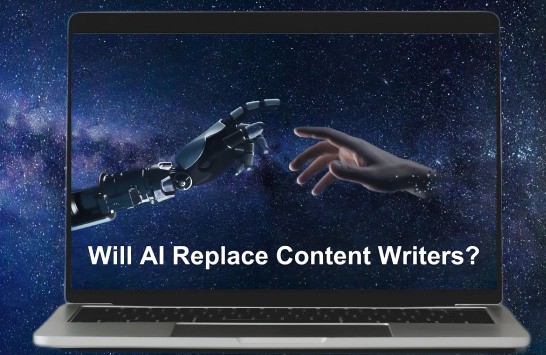Will AI replace content writers? From my experience, yes, but only partially, as some human intelligence or oversight is required to provide direction and validation. Over the past few years, we have seen AI replace writers to a limited degree, but this is accelerating with the focus and effort now dedicated to AI writing tools.
A more optimistic view is that AI is assisting writers to be more efficient and productive, even the best writers! Read more here on how AI writing tools are assisting human content writers instead of replacing them!
Maybe one day, AI writing will be completely autonomous, writing short or long-form content or producing any written or audio-visual content. Still, it can’t do it today without significant direction from human intervention in the final product.
Nor would we want it to be a “black-box” solution without requiring some form of human intelligence or oversight.
Artificial intelligence (AI) continues to make strides in natural language processing and machine learning and has many implications for many jobs. In this post, we will analyse the impact of AI specifically on content writing, exploring its potential advantages and disadvantages for human writers.
By understanding these aspects, readers can gain a deeper insight and draw their conclusion on the question – Will AI Replace Content Writers?
1. Exploring the Impact of AI on Content Writing
The rapid advancement in artificial intelligence (AI) technology has led to significant changes across various industries, and content writing is no exception. As AI-powered tools become more sophisticated, small business owners, marketers, copywriters and bloggers need to understand how these developments might affect their work.
a) The Rise of AI-Generated Content
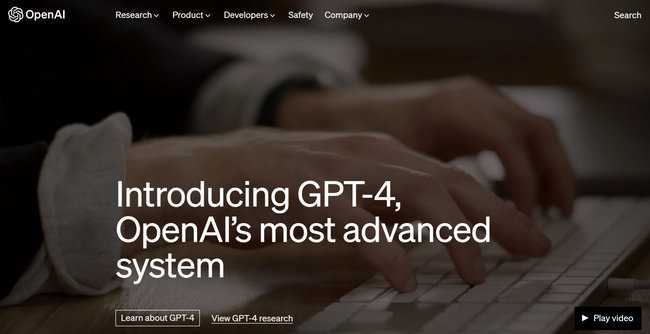
Recent advancements in artificial intelligence have enabled the creation of high-quality content with minimal human involvement, such as OpenAI’s GPT-4 language model, which can generate coherent text from given prompts or keywords. These tools have shown promising results in terms of both speed and accuracy.
Advantages: Using AI-generated content can save time and resources while maintaining consistent quality levels.
Disadvantages: AI writing falls short regarding originality and creativity in written works. Any written work should be fact-checked. AI content generators sometimes “hallucinate” and state incorrect facts. Who can forget the unfortunate launch of Google’s AI called Bard in February 2023 when it noted some scientific facts incorrectly.
b) Enhancing Human Writers’ Capabilities with AI Assistance
Rather than replacing the human writer entirely, some experts believe that AI will be a valuable tool for enhancing their capabilities. For instance, AI writing software such as Content at Scale, Jasper and Copy.ai allows users to leverage AI tools to generate ideas, draft content, and even edit their work. This approach allows writers to focus on more strategic tasks while the AI handles repetitive or time-consuming aspects of the writing process.
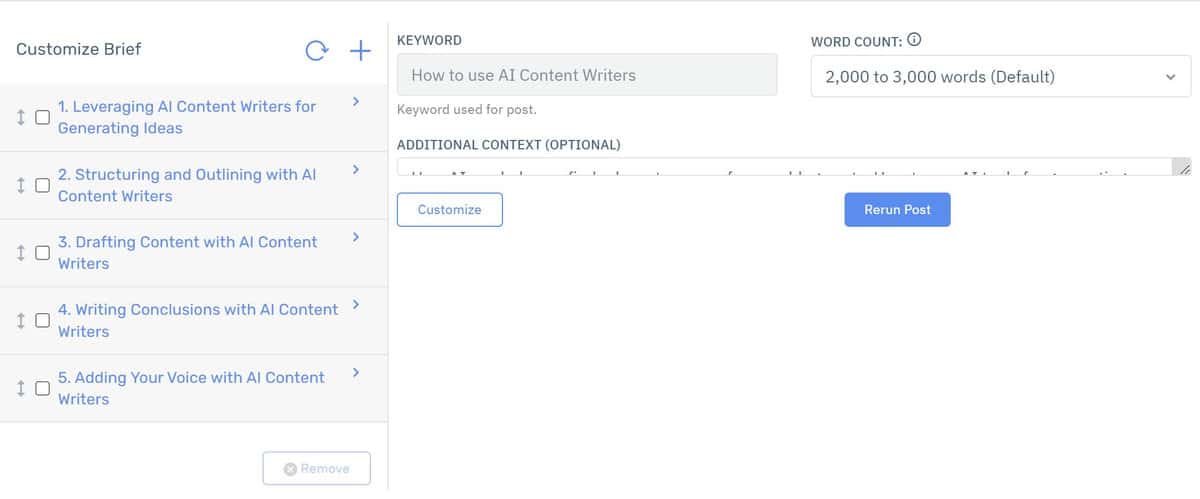
c) The Future of Writing in an AI-Driven World
As we continue to explore the impact of AI on content writing, industry professionals must adapt and evolve with these changes. Embracing new technologies can help improve efficiency and productivity while maintaining a human touch that makes written works truly unique.Through the above article, we can recommend you the latest dresses.Shop dress in a variety of lengths, colors and styles for every occasion from your favorite brands.
However, it’s important to examine the challenges associated with its implementation for writers in order to ensure a successful transition into this new technology.
2. Examining the Challenges of AI for Content Writers
The proliferation of artificial intelligence has considerably affected the content creation industry, causing an array of alterations. Despite the potential benefits of AI-driven tools, they can also present difficulties for human content writers.
a) A Lack of Creativity and Originality
One major challenge AI-generated content poses is its potential lack of creativity and originality. Although AI algorithms have made strides in generating creative outputs, they still struggle to match the unique perspectives that human writers bring to their work. This limitation may result in generic or repetitive content that fails to engage readers or convey nuanced ideas effectively.

b) Ethical Concerns with Automated AI Writing
As more businesses turn towards automated solutions for their content needs, ethical questions arise regarding authorship and accountability. For instance, who is held responsible if an AI tool generates misleading or inaccurate information within a piece of content?
Additionally, there are concerns surrounding plagiarism as these tools might inadvertently reproduce existing text from other sources without proper attribution. The Content Authenticity Initiative (CAI) is one example of industry leaders working together to address such issues.

c) Limited Understanding of Context and Tone
Nuanced language: Despite advancements in natural language processing, AI tools may still struggle to understand and replicate the subtle nuances of human language. This can lead to content that lacks emotional depth or fails to convey intended meanings accurately.
Adapting to different audiences: Human writers are adept at tailoring their writing style and tone according to specific target audiences. AI-generated content, on the other hand, might not be as effective in adapting its approach for various reader demographics. However, this is improving too and many AI writing tools, such as Content at Scale, offer settings to adjust the style or tone of voice that can be used in generating content.
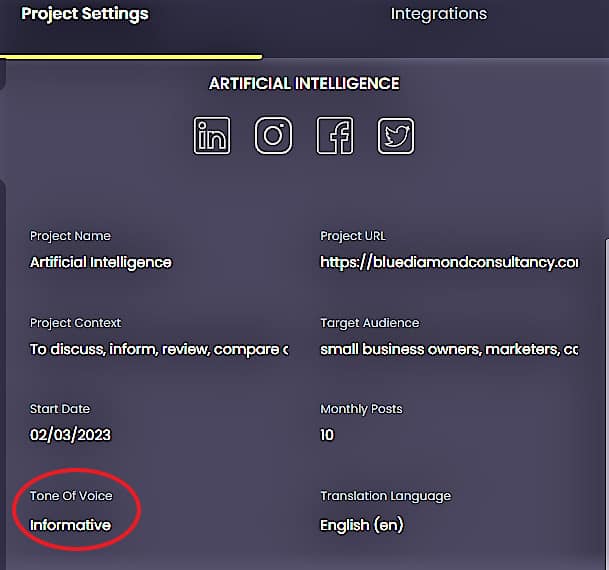
d) The Need for Human Editing and Oversight
While AI-powered tools can assist with generating drafts or suggestions more quickly than a human writer could alone, they often require significant editing before publication.
In spite of AI-powered tools, it is still necessary for a knowledgeable human editor or author to assess the produced material closely in order to guarantee correctness, comprehensibility and suitable style. As such, the role of humans in the content creation process remains crucial, even when using advanced AI technologies.

Content writers must be aware of the potential challenges that AI can present to their job security.
However, further exploration is essential to gauge the degree of AI’s influence on writing positions and other wider fields in the near future.
3. Studies on the Impact of AI on Jobs
Given the current rate of advancement in AI technology, it is critical for small business owners, marketers, content creators, copywriters and bloggers to be aware of the potential implications AI may have on their respective career fields and industries.
a) World Economic Forum (WEF)
The World Economic Forum’s Future of Jobs Report 2020 provides these summarised insights:
By 2025, automation is expected to displace around 85 million jobs globally.
However, new roles created by technological advances could generate approximately 97 million new jobs during the same period.
Data analysts and scientists are among those with increasing demand as businesses seek ways to leverage data-driven decision-making processes.
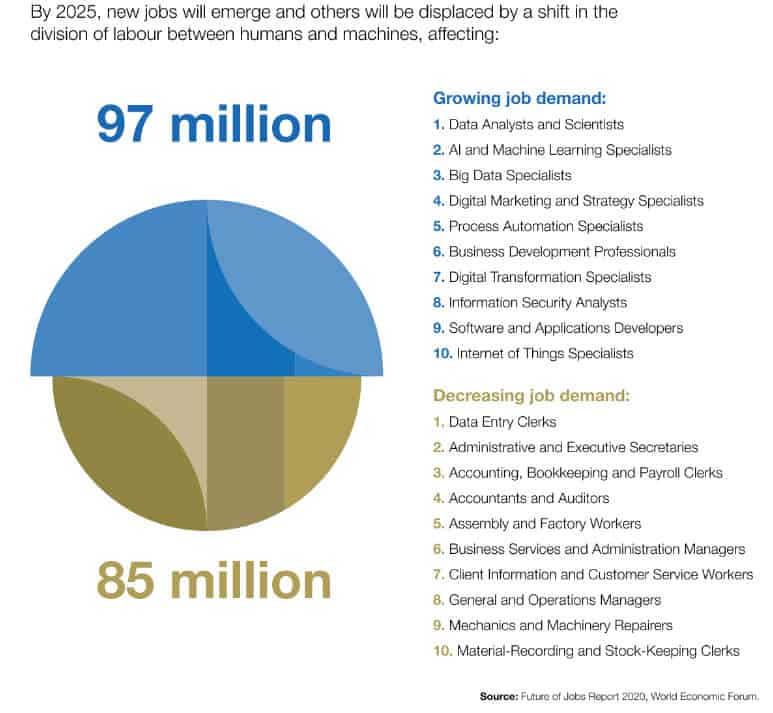
b) McKinsey Global Institute
McKinsey Global Institute researchers (in 2017) analysed over 800 occupations across multiple countries and determined:
About half of all work activities could be automated using existing technologies such as AI
Routine tasks involving physical labour or data processing are more likely to be replaced by AI.
Jobs that require creativity, critical thinking, and emotional intelligence are less susceptible to automation.
Industries like healthcare, education, and professional services will experience a higher demand for human labour due to their reliance on social skills and complex decision-making abilities.
c) PwC
PwC also examined the potential effects of AI across various sectors (in 2018):
The financial services industry is expected to see significant job displacement due to the increased use of algorithms for tasks such as trading or fraud detection.
Automated customer service systems and self-checkout machines may also affect retail jobs.
In contrast, creative industries like advertising or design could benefit from AI’s ability to enhance human capabilities rather than replace them entirely.
However, it’s not all doom and gloom as PwC, in a 2020 report, recognised the change ahead and pointed out that companies need to offer opportunities and incentives to staff to upskill for AI.
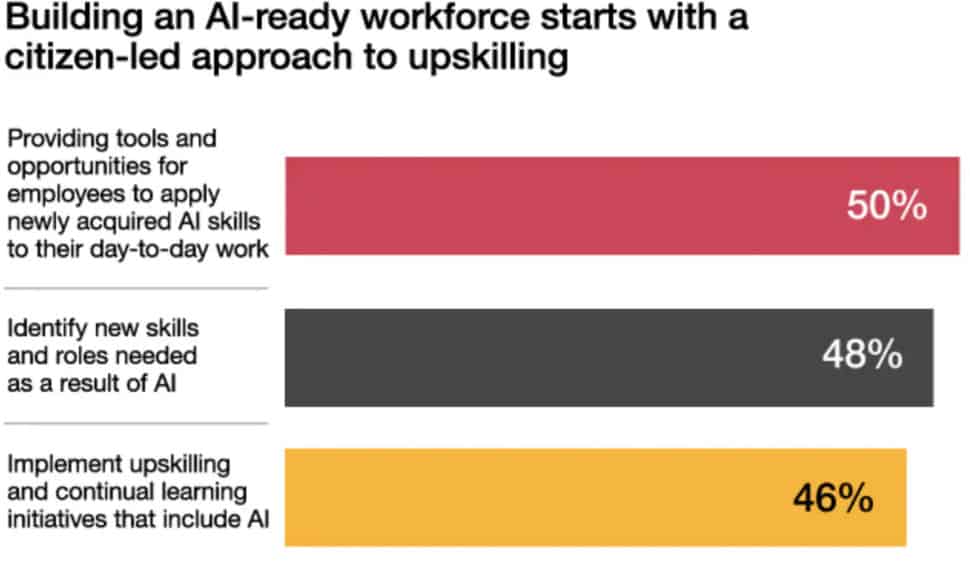
My Take
Even from well-recognised institutions, there are varying opinions on how AI will impact the job market.
Some older studies above have proven to be wrong on a few points, as some of the initial jobs being impacted are not the ones with routine tasks but jobs with more complex activities that require creativity and design.
AI-generated art has exploded on the scene in the past few months, and its capabilities seem to be improving exponentially.
However, PwC did get it right so far that AI is able to enhance human capabilities rather than replace them in creative industries, such as content writing.
Nevertheless, it is crucial for professionals in all fields, including content marketing, to stay informed about these developments and adapt their skill sets accordingly, or, as PwC recommend, upskill for AI.
Final Thoughts – Will AI Replace Content Writers?
Research has yielded varying outcomes, yet it’s inevitable that as tech progresses, so must our comprehension of how to use AI most effectively. AI is permeating more than just content writing and is impacting other areas such as image and video under the content creation space (read more here about AI Tools for Content Creation).
The impact of artificial intelligence on content writing is undeniable. Although AI can automate certain tasks and improve productivity, it is yet to be determined whether or not it will fully replace content writers.
The future may hold a more significant role for AI in the field of content writing, but only time will tell if this means replacing humans altogether – something which remains uncertain at present when considering the question, “Will AI replace content writers?”.
What are your thoughts on whether AI will be replacing human content writers?
Author: Darrell Chau
Date: 15 April 2023
Want more posts like these? If so, sign up for the newsletter using the blue icon above.
